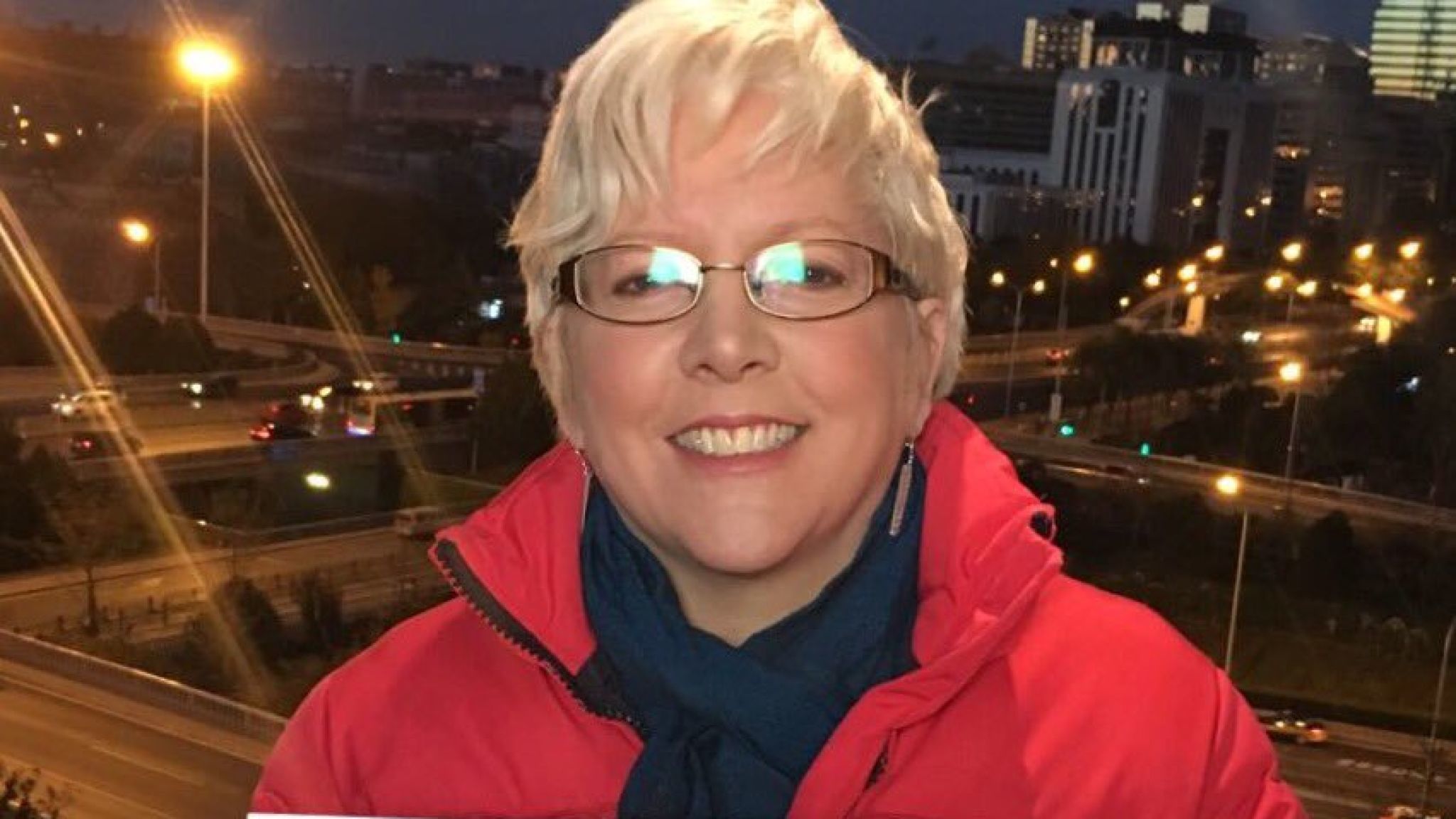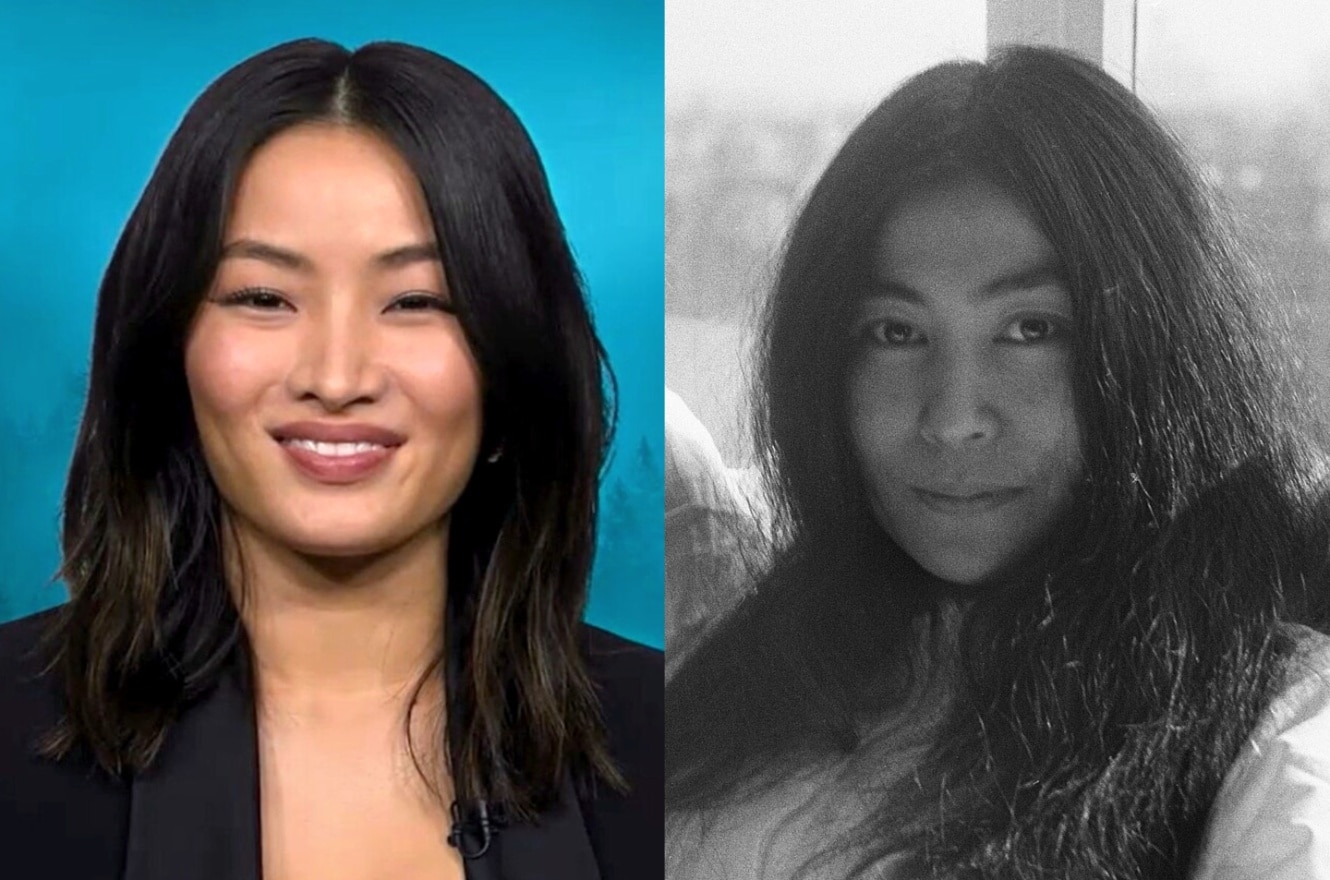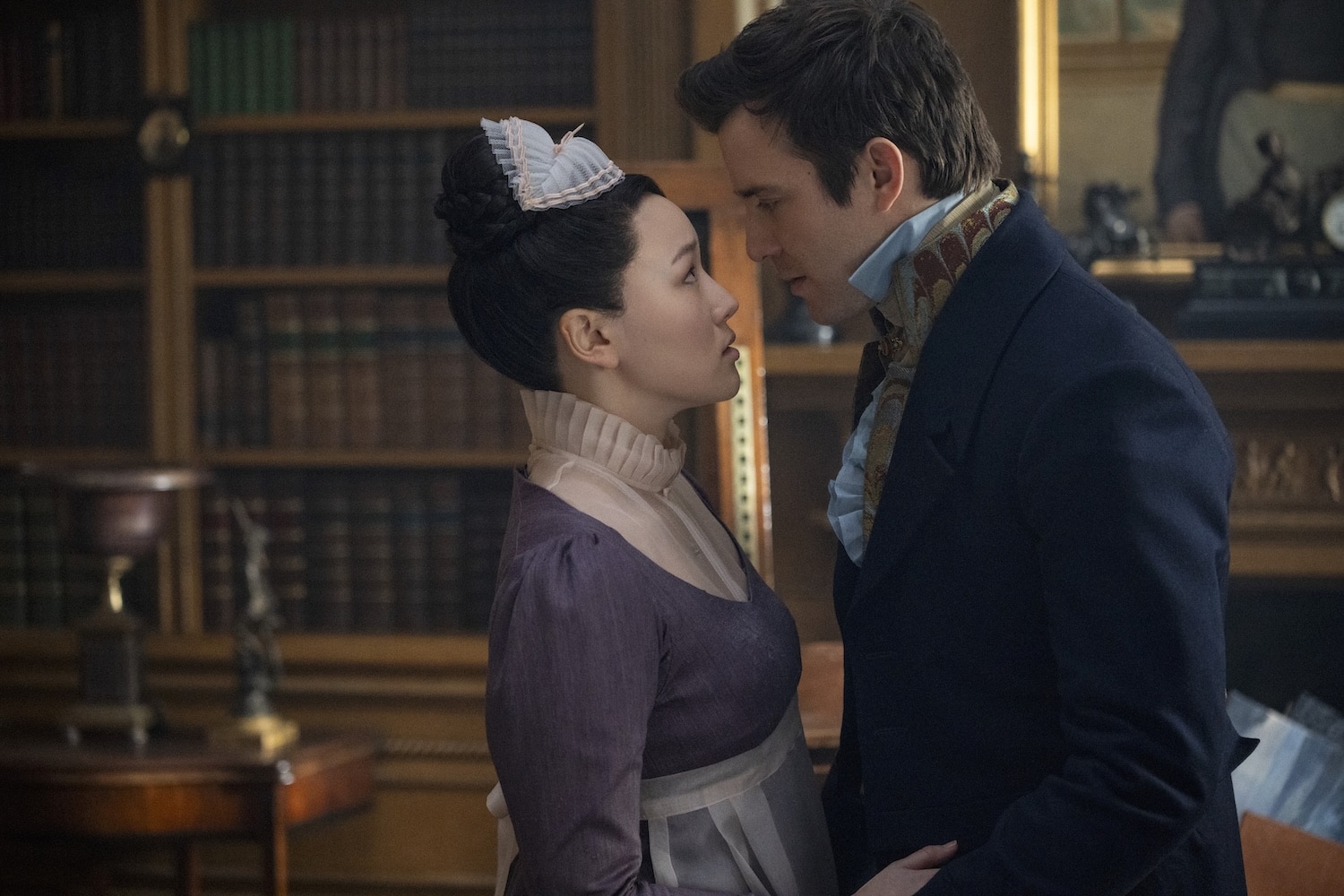BBC’s China editor, Carrie Gracie, has resigned over the broadcaster’s “secretive and illegal pay culture”.
Global Times reports that Gracie accused the BBC of a “secretive and illegal pay culture” and having “an indefensible pay gap between men and women doing equal work.”
Speaking to Radio 4’s Woman’s Hour, Gracie alleged that male international editors earning more than her £135,000-a-year salary. Refusing a £45,000 rise because it left a “a big gap between myself and my male peers”. She emphasised that she simply wanted to be “made equal”.
“I believe in public service broadcasting and I do think salaries at the top are unacceptably high,” she added. “But I don’t have the information to say this needs to happen or that should happen.”
“I could not go back to China and collude knowingly in what I consider to be unlawful pay discrimination. I could not do it, nor could I stay silent and watch the BBC perpetuate a failing pay structure by discriminating against women.”
In an open letter, Carrie wrote that the BBC belongs to the licence fee player, who needs to understand the broadcasting house’s lack of equality.
“The BBC belongs to you, the licence fee payer. I believe you have a right to know that it is breaking equality law and resisting pressure for a fair and transparent pay structure,” she said. “On pay, the BBC is not living up to its stated values of trust, honesty and accountability.
“Salary disclosures the BBC was forced to make six months ago revealed not only unacceptably high pay for top presenters and managers but also an indefensible pay gap between men and women doing equal work. These revelations damaged the trust of BBC staff. For the first time, women saw hard evidence of what they’d long suspected, that they are not being valued equally.”
“Many have since sought pay equality through internal negotiation but managers still deny there is a problem. This bunker mentality is likely to end in a disastrous legal defeat for the BBC and an exodus of female talent at every level.”
Gracie wants the BBC to be held accountable for their actions and demands an apology. “The BBC must admit the problem, apologise and set in place an equal, fair and transparent pay structure,” she said.
“To avoid wasting your licence fee on an unwinnable court fight against female staff, the BBC should immediately agree to independent arbitration to settle individual cases.
“Patience and goodwill are running out. In the six months since July’s revelations, the BBC has attempted a botched solution based on divide and rule. It has offered some women pay ‘revisions’ which do not guarantee equality, while locking down other women in a protracted complaints process.”
The BBC insists that “fairness in pay” was “vital” to the corporation.











